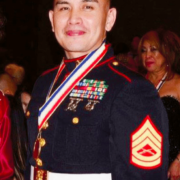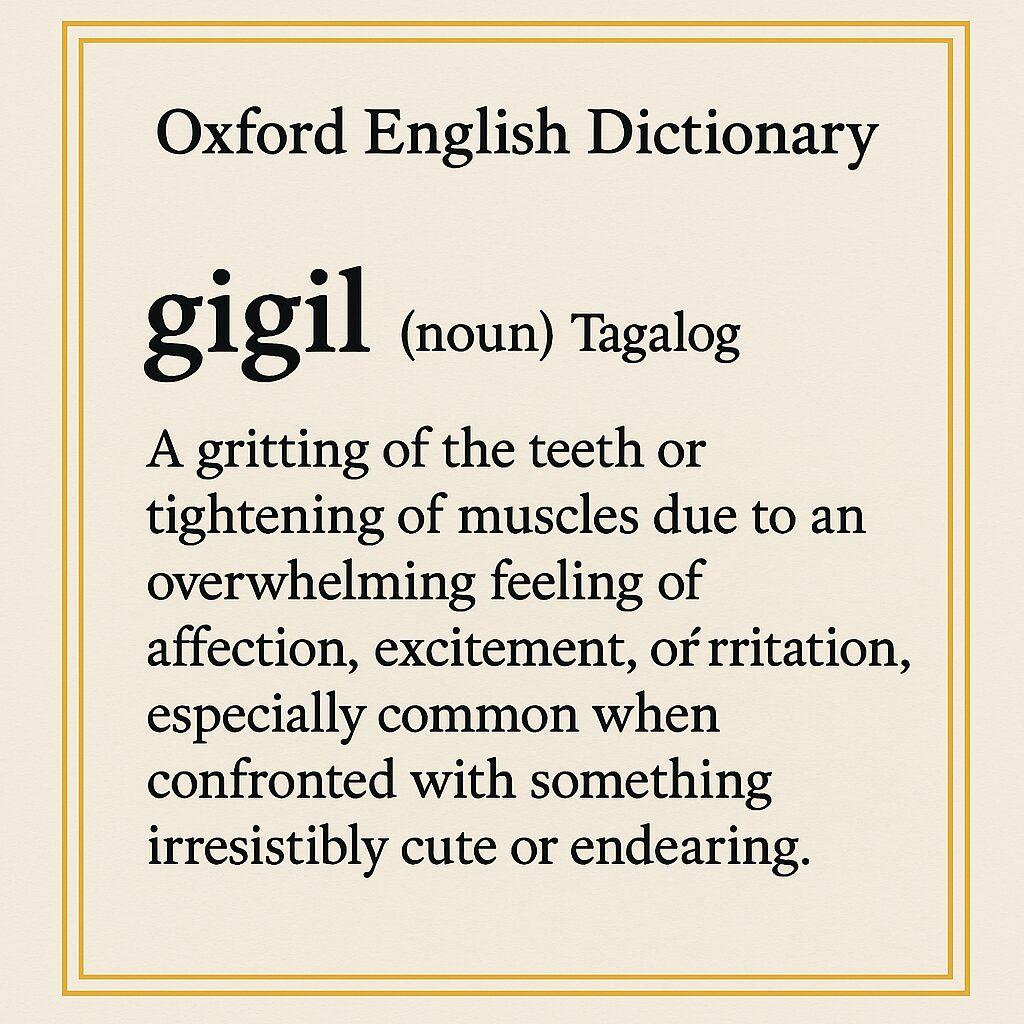IF I could look into a soldier’s heart and know everyone’s story, I’d ask: why are they fighting? Who will tell them (if the reasons exist)? Who is going to kill them, or who they’re going to kill?
To understand a soldier’s life is to find out what he’s looking for. When he kills another man, who would kill him his turn, which makes it useless. Pity is a word that has no meaning in war. It is as simple as, you’ve got a gun, he’s got a gun. You shoot and he shoots—the quicker one hits his target, and when he kills you, it is as if you killed him.
When reporters describe people dying in encounters, are you helping abolish war?
What makes a man choose to be a cop or to be a soldier? Very often, he is young, looking for excitement, to shake him out of boredom or for a purpose that he did not have before. Soldiers are kind people—a respectful son, an affectionate father, a faithful husband, an honest citizen who loves his country and accepts it as a duty to defend it. He wears his dog tag with a religious medal, on his proud neck, carries a snap shot of his aging parent, or wife and his children, if not a sweetheart he left behind.
But why do we accept war, like some inevitable evil? Because it has always been like that, the violent age that was the Renaissance, the Roman Empire, the Golden Age of Greece. Name a civilization that has been able to stop it. It dates back to the marvelous Christian Civilization based on love, but produced more wars, than the others put together. Books tell us, wasn’t the Christian priests that bless flags and troops before a battle: no priest has ever tried prevent an execution or a battle? There is no principle, philosophy or religion that can stop war (the hippies rejected war with flowers and LSD).
I asked the Heart Companion, a heart surgeon. How fair is it that the world rejoices when a heart substitutes one heart for another, but accepts the fact thousands of strong people with healthy hearts are slaughtered like cattle for the sake of a flag or a hill?
We see photographers of soldiers, cops with faces blank with sadness and resignation, convince themselves: they kill in the name of justice and freedom. What justice (I’d like to ask) young soldiers who have much longer life to live—instead of coming into the world, to die at twenty, in an encounter. You come into this world to die in bed, when you’re old, where around there are green trees, clear river, singing children.
Instead, this cult exists, of killing and being killed. Why has no one ever explained why killing to steal is a sin, but killing if you’re wearing a uniform is the height of glory?
War, it is said, is basically something structured in which armed people shoot at armed people. It has almost a shameless fairness: you kill one, or I kill you. And as bullets speak, happiness vanishes—the holidays and milestones, the flowers and left only rubbles, twisted metals and the putrid smell of death as it flees.
Back home today, as they collect the dead, you’ll know there are no surgical war, there are no benign war. How can you wage for peace without killing and maiming people—soldiers, cops and civilians. Whether by accident or design, it’s a part of the pains of war, just as dying seems to be the destiny of every soldier.






